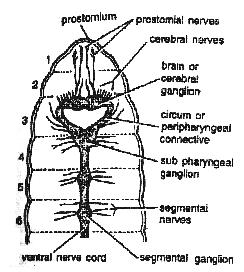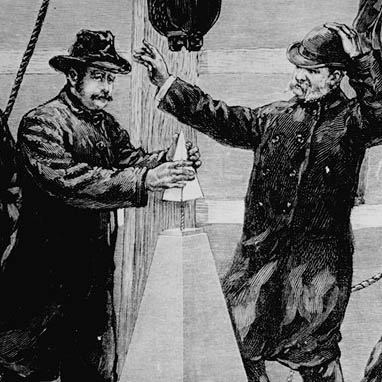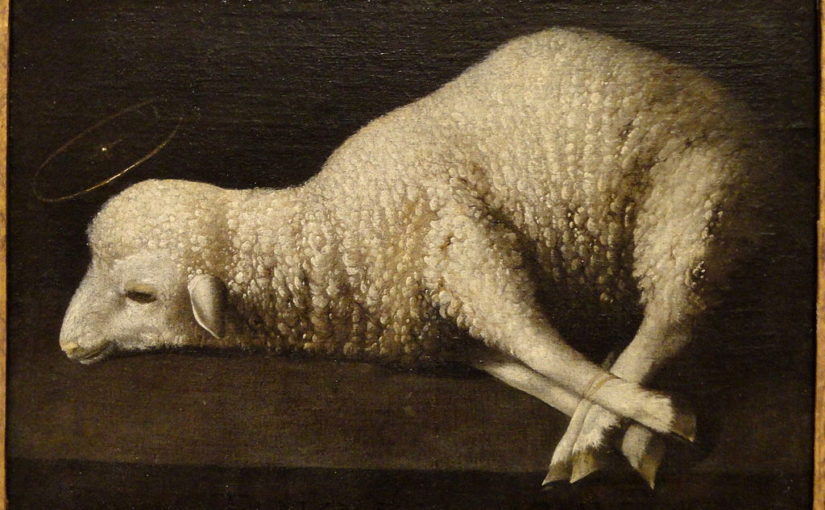…who is the head — Christ — from whom the whole body, joined and knit together by what every joint supplies, according to the effective working by which every part
does its share, causes growth of the body for the edifying of itself in love.
Ephesians 4:15,16
The scripture portion above is actually a small part of a very long, complex sentence that lasts for six verses and goes on for 158 words. The theme of this section (Ephesians 4:11-16) is spiritual gifts, however, there is too much material to cover in a short devotion, so I’ll focus on the most vital; I’m going for the Head.
The Church is like a body that is made up of many different parts and doing a variety of jobs. All are necessary, and every member needs each other. Christ is the head of the body. Without Him, nothing would be coordinated and nothing would get done. Heads come in all shapes and sizes, but they all do the same thing – command and control the rest of the body. Even the most primitive of animals has a head. At first, the lowly earthworm seems like it has two tails, since it’s missing eyes, ears, and a nose. However, about a half an inch behind the mouth on a night crawler and inside the animal itself is a tiny structure, smaller than a pinhead, called the cerebal ganglia. If that is removed or even damaged, the worm becomes brain-dead. It can’t move or do the things worms do.
The pastor, the bishop, or the president of a denomination is not the head of the Church; that is Christ’s job alone. When each member is in tune with the leading of the head of the church, everything works together and great things can be accomplished. When the connection is cut off from the head, the body is essentially paralyzed and begins to die. This is usually the problem when the church is unable to move forward.
“For in Him dwells all the fullness of the Godhead bodily; and you are complete in Him, who is the head of all principality and power” (Colossians 2:9-10).
August 29









